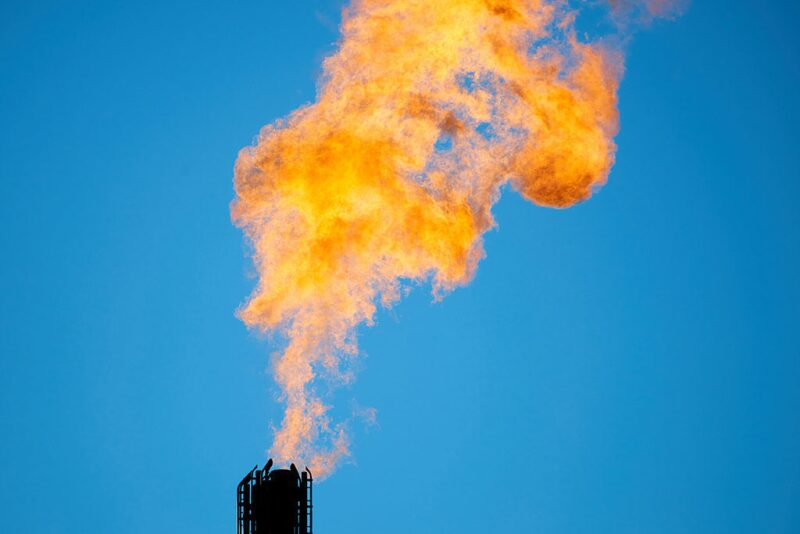The group managing director of the Nigerian National Petroleum Corporation (NNPC), Maikanti Baru, announced a three-point smart strategy aimed at ending gas flaring in Nigeria’s oil and gas industry. Baru made the announcement while delivering the lead paper on a panel session at the recently held Offshore Technology Conference in Houston.
Speaking on the theme “Nigeria’s Gas Flare Commercialization, Prospects, and Opportunities,” Baru explained that, in the last decade, gas flaring in Nigeria had reduced significantly from 25 to 10%. He said the multipronged approach taken by the NNPC would ensure a sustainable solution to the historical problem of flaring, thereby turning waste into dollars.
The three-point strategy championed by NNPC to arrest the growth in gas flares is
- Ensuring nonsubmission of field development plans to the industry regulator—the Department of Petroleum Resources, without a viable and executable gas utilization plan. This move aimed at ensuring no new gas flare in current and future projects.
- Ensuring a steady reduction of existing flares through a combination of targeted policy interventions in the Gas Master Plan.
- A reinvigoration of the flare penalty through the 2016 Nigeria Gas Flare Commercialization Program and through legislation, that is, ban on gas flaring through the recent Flare Gas (Prevention of Waste and Pollution) Regulations 2018.
These developments are expected not only to see Nigeria dropping from being the second-highest gas flaring nation in the world to seventh but also to signify a major milestone in its gas-commercialization prospects.
“Total flares have significantly reduced to current levels of about 800 MMcf/D and, in the next 1–2 years, we would have completely ensured zero routine flares from all the gas producers,” Baru said.

